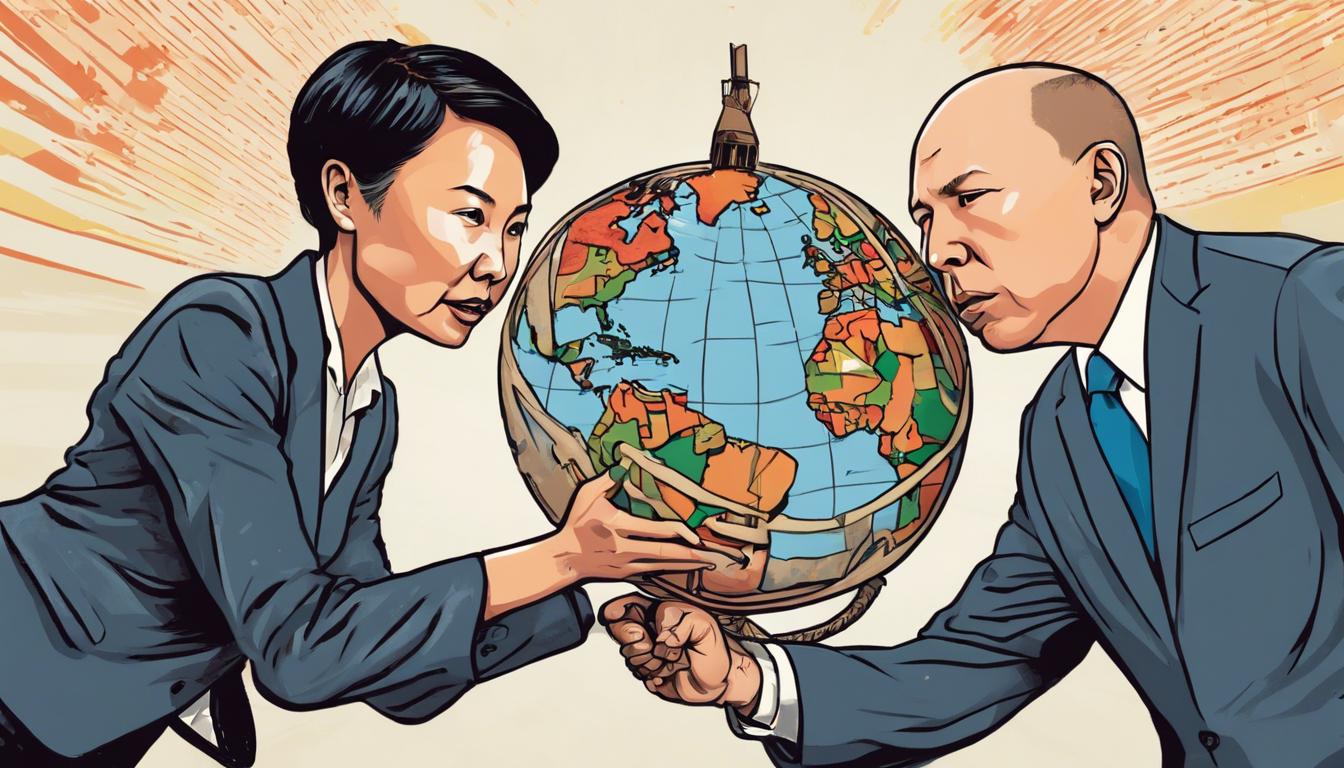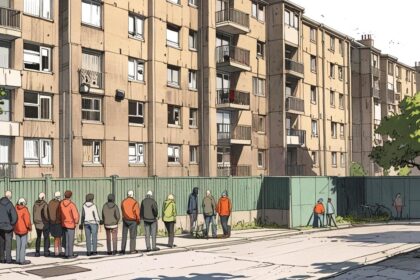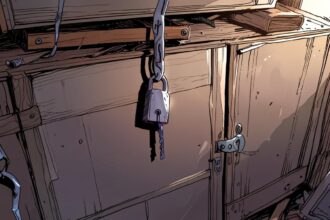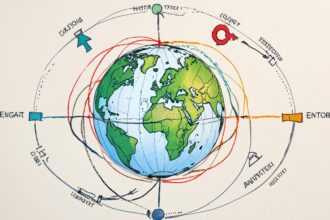At a recent conference, Foreign Affairs Minister Penny Wong emphasized the need for a two-state solution to address the ongoing Israel-Gaza tensions, while domestic security issues also surface with the rise of right-wing extremism in Australia.
At an Australian National University conference, Foreign Affairs Minister Penny Wong highlighted the importance of a two-state solution to ensure the long-term security of Israel and the region. She emphasized recognizing a Palestinian state as crucial to diminishing the influence of groups like Hamas and noted the detrimental impact of potential Israeli ground invasions. Wong’s advocacy for a two-state solution came amidst heightened Israel-Gaza tensions and follows her calls for the Israeli government to protect civilians, journalists, and aid workers in conflict areas.
Meanwhile, Australian Security Intelligence Organisation (ASIO) has reported an increase in activities by right-wing extremist groups, drawing inspiration from incidents like the Christchurch mosque massacre. These groups are purportedly aiming to initiate a ‘race war’ in Australia.
In an archaeological update, the discovery of ancient pottery on a Great Barrier Reef island suggests that Aboriginal Australians might have engaged in pottery-making, potentially revising historical accounts of Indigenous cultural practices.
In contrast, Opposition Leader Peter Dutton has criticized the rise of antisemitism in Australia, linking it partly to the support for Palestinian statehood by leaders like Penny Wong, whom he accuses of harming Australia’s relationship with Israel. Dutton, addressing an audience at the Sydney Opera House, called for tougher measures against antisemitism and criticized the police and educational policies for inadequately addressing the issue. He advocated for education reforms to include critical thinking and a comprehensive understanding of historical events such as the Holocaust.
The discourse between Wong and Dutton underscores a significant divergence in views on how Australia should manage its internal security challenges and its stance on international conflict resolution, particularly the Israeli-Palestinian conflict.













